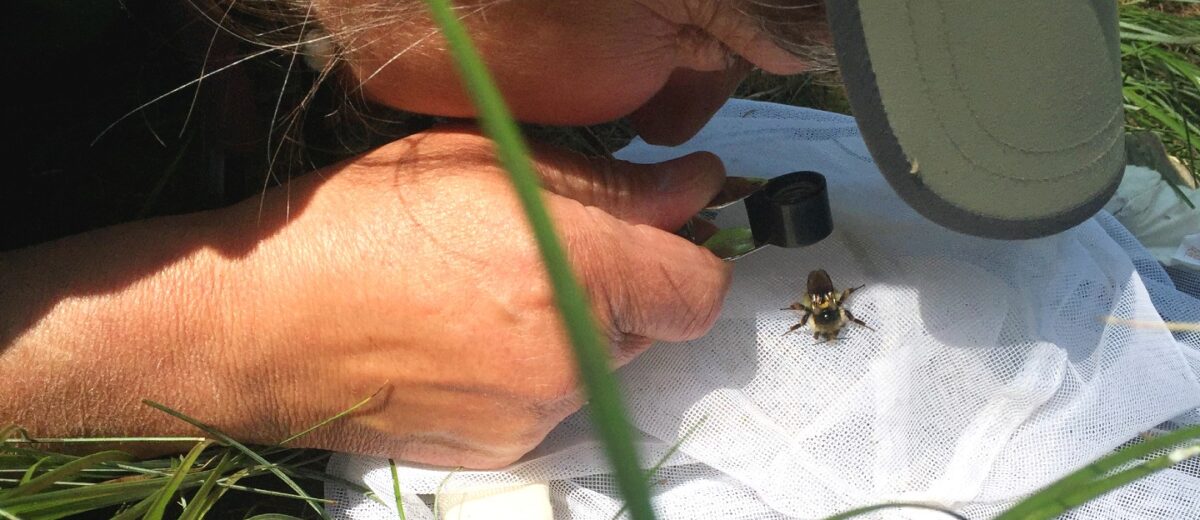Hannah Webber is currently leading the sixth training for citizen science on public lands, in partnership with the National Park Service and Second Century Stewardship. Participating teams represent 14 units of the National Park System, including Grand Canyon, Great Smoky Mountains, Saguaro, Dinosaur, Pictured Rocks, Niobrara, Freedom’s Frontier, Homestead, Isle Royale, Blackstone, Canaveral, Housatonic, Cuyahoga, and Arabia Mountain, as well as lands managed by U.S. Fish & Wildlife Service and Bureau of Land Management.
In the first session, guest speaker Stan Rullman of Earthwatch Institute encouraged participants to think about educational outcomes, as well as the question or problem statement that frames the citizen science effort. Rullman shared experience with iNaturalist and the Global Pollinator Watch.
Over the course of the next weeks, educators, interpreters, and resource management staff will learn about the promise and pitfalls of citizen science and how to create effective and impactful citizen science projects and programs.
The workshop is focused on developing pollinator-related citizen science. Looking ahead, there are many opportunities in 2021 for awareness and engagement of park visitors in pollinator #ParkScience, including:
World Bee Day, May 20
Pollinator Week, June 21-27
National Moth Week, July 17-25
National Hummingbird Day, September 4
Bat Week, October 24-31
And, of course, April is Citizen Science Month.
